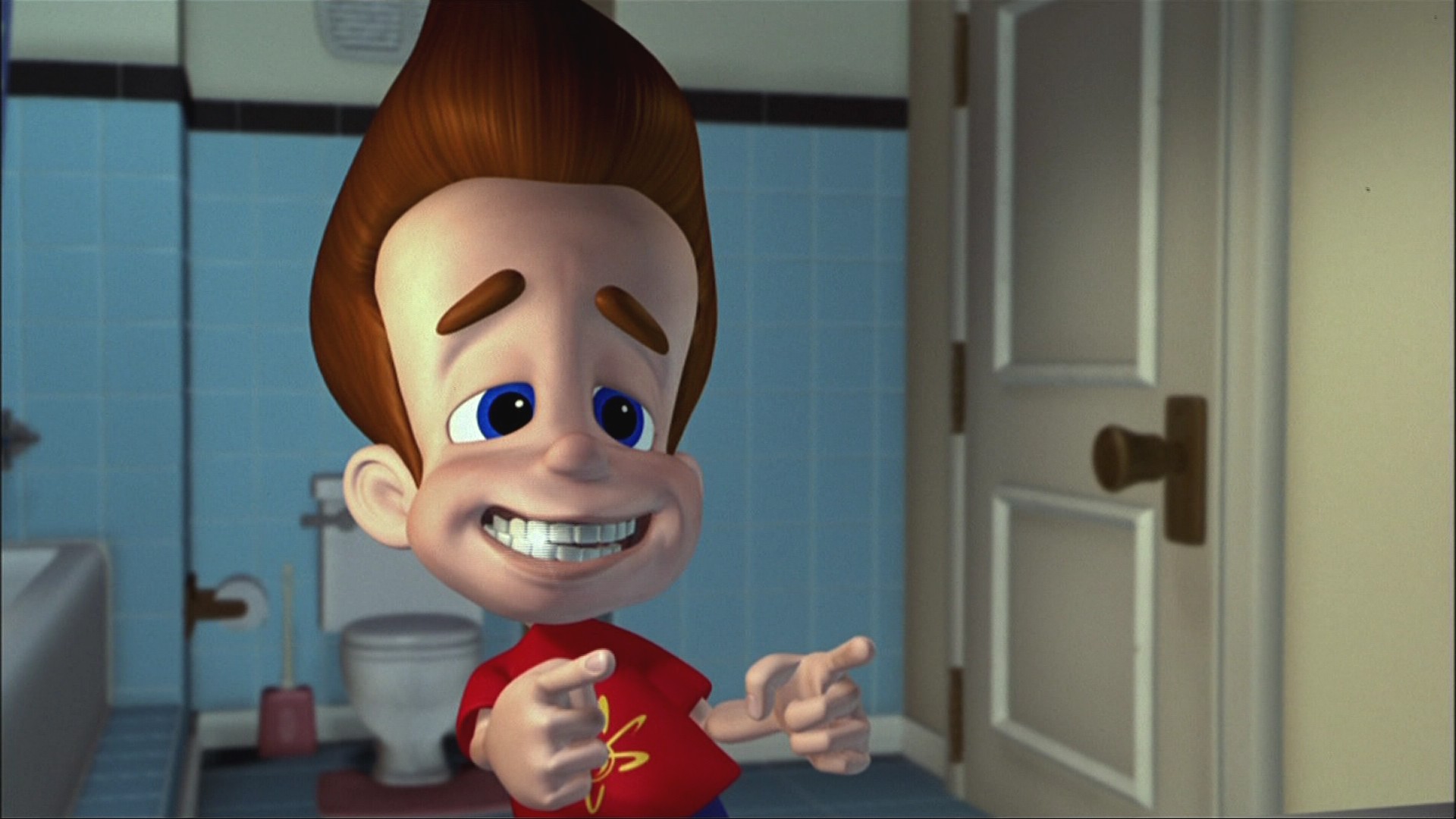Before becoming a leader on the global stage, shaping conversations about peace and human rights for so many years, there was a young Jimmy Carter, growing up in a small, quiet town in Georgia. It’s a story of humble beginnings, a life rooted deeply in the soil of the American South, and experiences that, you know, truly shaped the person he would become.
This is a look back at the early days of someone who, quite honestly, would go on to hold the highest office in the country, and later, dedicate his existence to causes far beyond politics. We're talking about the formative years, the times that helped forge his character and outlook on the world, in a way.
To understand the man who would one day be president, and then a tireless advocate for peace, it helps, you see, to rewind the clock. We’ll spend some time exploring what life was like for a young Jimmy Carter, from his family life to his education and early career, before his public service really took off.
- Sophia Rosalinda Bratt
- Forest Gump Cast
- Houses From Fixer Upper For Sale
- Steve Mcnair Wife
- Vanessa Dubasso
Table of Contents
- Biography of a Young Jimmy Carter
- Personal Details and Background
- What Was Life Like for Jimmy Carter Young in Plains, Georgia?
- Education - How Did Young Jimmy Carter Prepare for His Future?
- Military Service - The Making of a Leader
- Coming Back Home - What Did Jimmy Carter Young Do Next?
- Early Political Leanings - Was Young Jimmy Carter Always Interested in Public Service?
- Lessons from Youth - What Enduring Values Did Young Jimmy Carter Gain?
Biography of a Young Jimmy Carter
Jimmy Carter, born James Earl Carter Jr., arrived in the world on October 1, 1924, in Plains, Georgia. He was the first president born in a hospital, which is a little detail some people find interesting. His family, you see, had deep roots in the area, going back generations. His dad, James Earl Carter Sr., was a peanut farmer and also ran a general store, which meant the family was pretty involved in the local community. His mother, Lillian Gordy Carter, was a registered nurse, and she had a reputation for being quite independent and, honestly, someone who cared a lot about helping others. This background, this mix of farming life and a mother with a helping spirit, really gave a young Jimmy Carter a particular outlook on things. He grew up in a place where everyone knew everyone, where hard work on the land was just a part of daily existence, and where community ties were, well, very strong. It’s almost like he absorbed the spirit of the South, the good parts anyway, from his earliest days.
Personal Details and Background
Here are some personal details about Jimmy Carter's early life:
| Full Name | James Earl Carter Jr. |
| Date of Birth | October 1, 1924 |
| Place of Birth | Plains, Georgia |
| Parents | James Earl Carter Sr. (father), Lillian Gordy Carter (mother) |
| Siblings | Gloria Carter Spann, Ruth Carter Stapleton, Billy Carter |
| Spouse (met young) | Rosalynn Smith (married 1946) |
| Childhood Home | A farm near Plains, Georgia |
| Early Occupation | Peanut farmer, Naval Officer |
What Was Life Like for Jimmy Carter Young in Plains, Georgia?
Life for a young Jimmy Carter in Plains, Georgia, was, in many ways, typical of a rural Southern upbringing during the Great Depression. The family lived on a farm, and everyone, you know, had a part to play. Jimmy, as a boy, was expected to help out with the chores, which meant working in the fields, picking cotton, and doing all sorts of tasks that come with farm life. This wasn't just about earning his keep; it was about learning responsibility and the value of a day’s effort. His dad, Earl, was a firm but fair man, and he taught Jimmy a lot about managing the farm, about business, and about dealing with people. His mother, Lillian, often challenged the social norms of the time, especially when it came to racial equality, which, frankly, made a big impression on Jimmy. He saw firsthand how his mother treated everyone with respect, regardless of their background, and this was, in some respects, a very important lesson for a future leader. The Carters, you see, were one of the few white families in the area who didn't own a television or a radio until much later, so entertainment often came from reading, talking, and just being together. It was a simpler time, perhaps, but one that instilled a deep sense of community and personal integrity in a young Jimmy Carter. He was, by all accounts, a quiet and thoughtful boy, someone who liked to read and learn, even when he was just a little kid.
Education - How Did Young Jimmy Carter Prepare for His Future?
The path of education for a young Jimmy Carter was, quite honestly, a steady climb, showing a clear drive to learn and grow. He went to the local public schools in Plains, which were, you know, pretty standard for the time. After finishing high school, he had his sights set on something more. He attended Georgia Southwestern College for a bit, then moved on to the Georgia Institute of Technology, which, for a young man interested in engineering and science, was a really good step. But his ultimate goal, the thing he truly wanted, was to get into the United States Naval Academy in Annapolis, Maryland. This was a very competitive place to get into, so it speaks volumes about his academic abilities and his determination. He finally got his acceptance, and this, you know, marked a big change in his life. At the Naval Academy, he wasn't just studying; he was learning discipline, leadership, and how to work as part of a team. He graduated in 1946, which was a significant achievement, and this period really shaped his analytical mind and his approach to problem-solving. It’s clear that even as a student, a young Jimmy Carter was already showing signs of the precise, detail-oriented person he would become. He was, basically, building a strong foundation for whatever might come next in his life.
Military Service - The Making of a Leader
After graduating from Annapolis, the next chapter for a young Jimmy Carter was his service in the United States Navy, and this was, you know, a truly defining time for him. He joined the submarine force, which, honestly, requires a particular kind of person – someone who is calm under pressure and incredibly precise. He served on both conventional and nuclear submarines, and this experience exposed him to some of the most advanced technology and demanding environments of his era. A key part of his naval career involved working with Admiral Hyman G. Rickover, who was, quite frankly, the driving force behind the nuclear submarine program. Rickover was known for his incredibly high standards and his expectation of absolute perfection, and this mentorship, in a way, had a profound impact on Jimmy Carter. He learned about operational efficiency, about attention to every small detail, and about the importance of absolute integrity in leadership. It was a very rigorous period, demanding intense focus and a willingness to push personal limits. This time in the Navy, especially his involvement in the nuclear program, taught a young Jimmy Carter how to manage complex systems and how to lead highly skilled teams. He could be, arguably, seen as someone who absorbed lessons about responsibility and clear thinking during these years, lessons that would stick with him for the rest of his public life.
Coming Back Home - What Did Jimmy Carter Young Do Next?
The sudden passing of his father in 1953 brought a young Jimmy Carter back to Plains, Georgia, a decision that, you know, changed the entire direction of his existence. He had been planning a career in the Navy, potentially even reaching admiral, but his family needed him. His father’s peanut farm and other businesses were in need of someone to take them over, and so, with his wife Rosalynn, he made the choice to leave his military service behind and return to his roots. This was, in some respects, a big shift, going from the highly technical world of nuclear submarines to the very practical, hands-on work of farming. He faced challenges, as the farm wasn't doing particularly well when he took it on, but he applied the same kind of careful, methodical thinking he’d learned in the Navy to the agricultural business. He worked hard, very hard, and with Rosalynn’s help, they managed to turn the farm around, making it profitable again. This period of his life, back in Plains, really reconnected a young Jimmy Carter with the people and the issues of his home community. It was here, seeing the everyday struggles and triumphs of his neighbors, that his interest in public service began to grow, almost naturally, you know.
Early Political Leanings - Was Young Jimmy Carter Always Interested in Public Service?
It's fair to say that a young Jimmy Carter wasn't, perhaps, always dreaming of becoming a politician in the traditional sense. His early life was more about farming, then military service, and then back to farming. However, his experiences, particularly his return to Plains and his observations of the local community, started to spark something within him. He saw the needs of his neighbors, the challenges they faced, and the ways local government could, or sometimes couldn't, make a difference. His mother, Lillian, had always been involved in community work, and his father had served in the Georgia General Assembly, so the idea of public service wasn't entirely foreign to the family, you know. After his return to Plains, he became active in local affairs, serving on the county school board and later on the county hospital authority. These were, basically, his first steps into the world of civic engagement. He was, apparently, driven by a desire to improve things, to bring a sense of fairness and efficiency to local governance. This wasn't about grand political ambitions at first; it was more about practical problem-solving for his community. So, in a way, his early political leanings for a young Jimmy Carter grew organically from his direct experiences and his wish to contribute to the well-being of the place he called home.
Lessons from Youth - What Enduring Values Did Young Jimmy Carter Gain?
The formative years of a young Jimmy Carter, from his childhood on the farm to his time in the Navy and his return to Plains, instilled in him a set of values that would, you know, stay with him for his entire life. From his parents, he learned the importance of hard work, personal integrity, and a deep sense of compassion for others, especially those who were struggling. His mother’s willingness to challenge racial prejudice, for instance, left a lasting mark on his views about human dignity and fairness. His time at the Naval Academy and in the nuclear submarine program taught him about discipline, about precision, and about the absolute necessity of being honest and accountable. He learned to approach problems with a very analytical mind, to look at the facts, and to make decisions based on careful consideration, not just emotion. The experience of running the family farm, after his father passed, taught him about resilience, about managing resources, and about the practicalities of making things work in the real world. So


